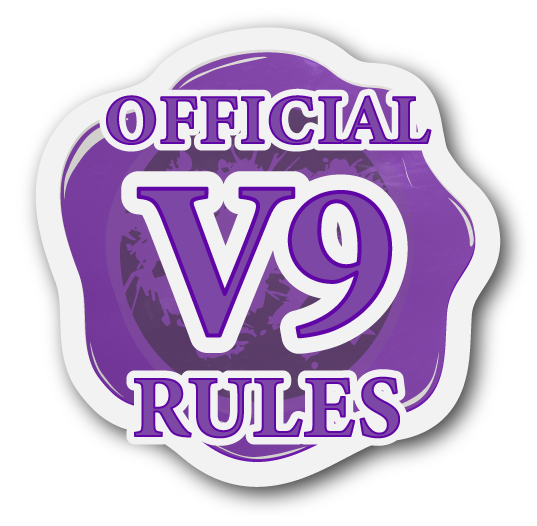Difference between revisions of "V9: Butted Plate"
From AmtWiki
m |
m (Wunjo moved page V9: Splint, Butted Plate, Kikko to V9: Butted Plate: wunjo's first pass) |
(No difference)
| |
Revision as of 12:48, 13 February 2023
This page is part of the Official Amtgard V9 Alpha-Playtest Rulebook.
- The Amtwiki is the official home and primary source for Amtgard V9 Rules as of February 25, 2023.
- These rules are currently in Open Alpha Playtest. See the Playtest Disclaimer for more details.
- To learn more about Amtgard V9 Development, please visit Amtgard.com.
- To view the current Amtgard V8 ruleset, please see the Amtgard V8 Rulebook.
Splint, Butted Plate, Kikko
Armor consisting of numerous steel plates that are attached to a backing, linked by cord or chain, and/or by some other method. This armor is flexible with numerous seams and joints between plates. This armor will deform locally when struck rather than spreading out impact over a large area.
Requirements:
- Metal must be at least equivalent to Aluminum in density and durability. (2.7g/cm3)
- If Aluminum - 1mm / 0.040” / 18ga
- If Steel - 0.9mm / 0.036” / 20ga
- Plates spaced no more than 1” apart.
- Plates must cover at least 75% of the armor.
Examples of Superior Construction include, but are not limited to:
- Heavy Metal: Steel, Bronze, and similar density metals.
- Heavy Backing: Attached to a thick or rigid backing
- Small Gaps: Less than 1/4” between plates.
- Thicker Material: At least 1.3mm / 0.051” / 16ga
Armor Styles Tier 1: Cloth/Padded Armor
Tier 2: Light Leather · Butcher's Mail / Sharkmail
Tier 3: Heavy Leather · Chainmail · Rigid Non-Metal Armor
Tier 4: Light Scale
Tier 5: Heavy Scale · Butted Plate
Tier 6: Lamellar and Laminar · Brigandine · Plate
Special: Ambiguous Armor
Physical Armor Gameplay Rules · Construction Rules · Rating Armor & Calculating Armor Points · Armor Styles
Armor General Rules · Natural Armor · Physical Armor
Equipment Equipment Basics · Equipment Use Terms · Weapons · Shields · Armor · Color Code · Visual Indicators
